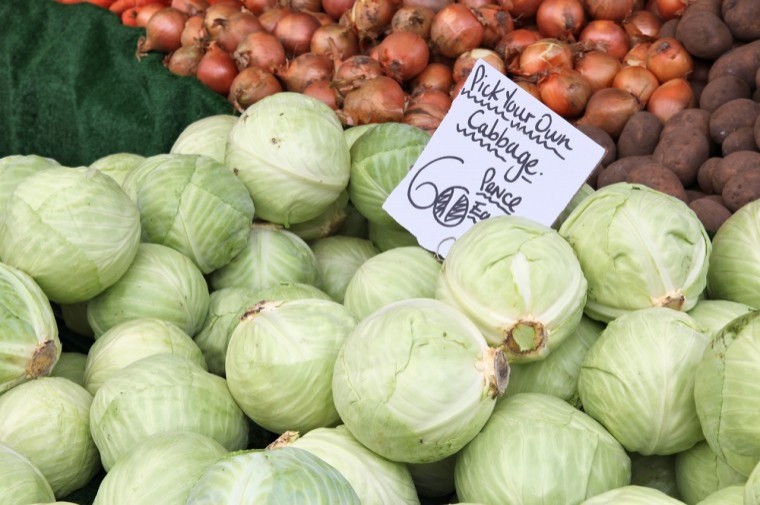In a letter to the Guardian newspaper, they said more expensive food will follow Brexit unless all options are considered to ensure there are workers available to harvest the nation’s produce. One of the signatories was David Camp, chief executive of the Association of Labour Providers (ALP) in Surrey.
He and other signatories – which included the Food and Drink Federation, the NFU and the Agricultural Industries Confederation – said workers from the European Union are already leaving the UK, and yet they play a “significant role in delivering affordable and high quality food and drink.
“The government should offer unambiguous reassurance to EU workers throughout our supply chain about their right to remain,” the letter said. “For the longer term, it is important to recognise that these workers are highly flexible and provide an essential reservoir of skilled, semi skilled and unskilled labour.”
Nearly four million people are employed in growing, harvesting, producing, packaging, selling and serving our food and drink. “At a time when household incomes are under increasing pressure, shop prices for food have been kept in check for more than three years and, if that is to continue, the government must ensure the place of food and drink both in our new industrial strategy and at the heart of the Brexit negotiations.”
If the government adopts a work permit system to control immigration, then the whole of the supply chain must receive equal treatment with financial services or the automotive sectors, the letter continued. “All options should be explored, including a workable points based system for shortage occupations, sector based and seasonal/guest worker schemes and effective transitionary arrangements. If they are not, the UK will face less food choice and higher food prices.”
In a recent paper on labour immigration policy before and after Brexit, the ALP said labour shortages are currently the worst that they have been since before 2004 “when the A8 state nationals were given the right to work in the UK. One large labour provider cites applications for vacancies in October 2016 at 52% of the rate that they were at the same period in 2015. Other labour providers cite reductions between 30% and 70%.”
The ALP supports the farming industry’s demand for the reintroduction of a seasonal workers’ scheme for horticulture during the 2017 season “to remedy the extreme labour shortage this sector will face next year.” This support comes with two provisos:
- that the scheme is introduced as a transitional arrangement and a pilot for examination and testing before the roll out of a seasonal workers’ permit based quota schemes across other sectors; and
- that the new seasonal workers’ scheme for horticulture corrects the failings of the previous scheme.




